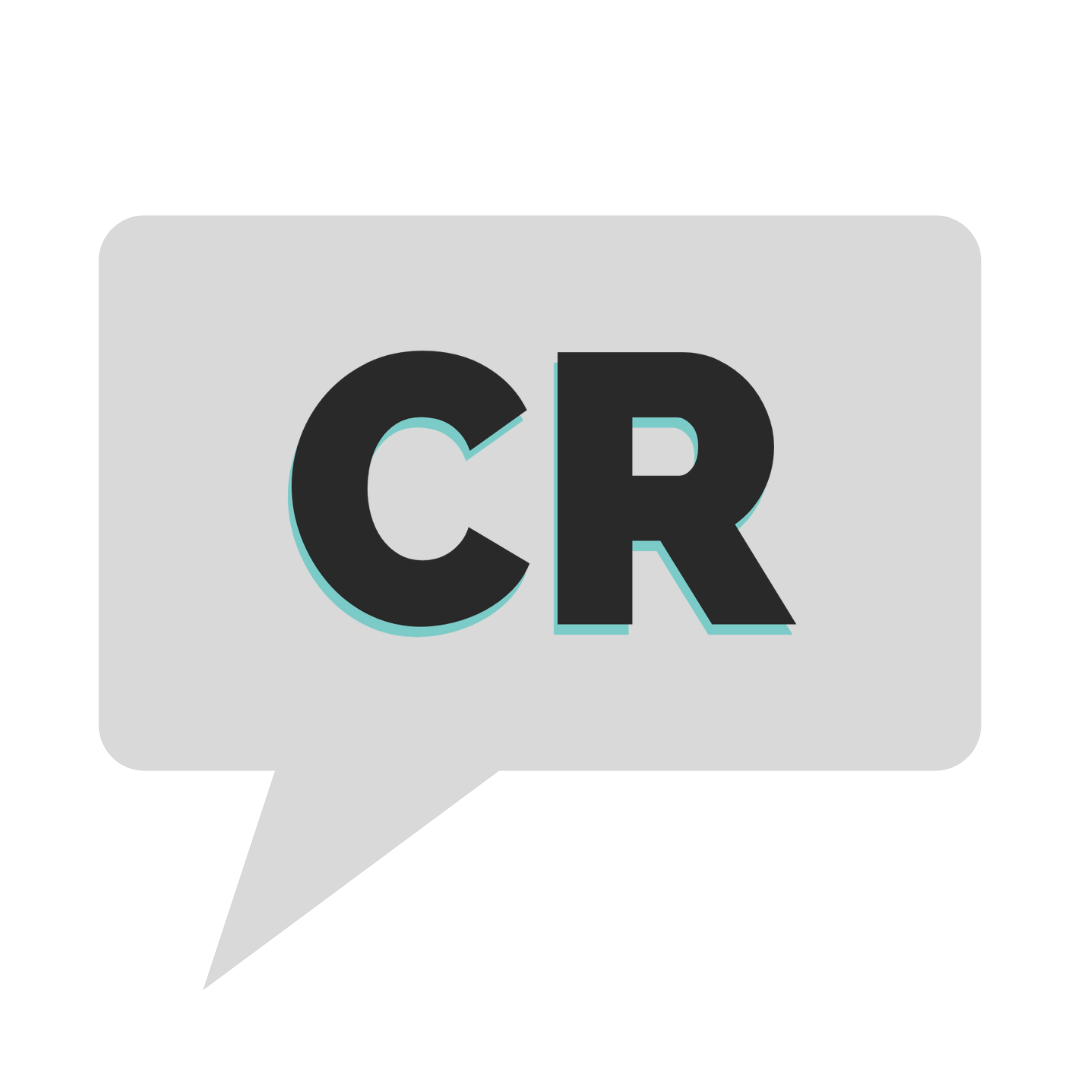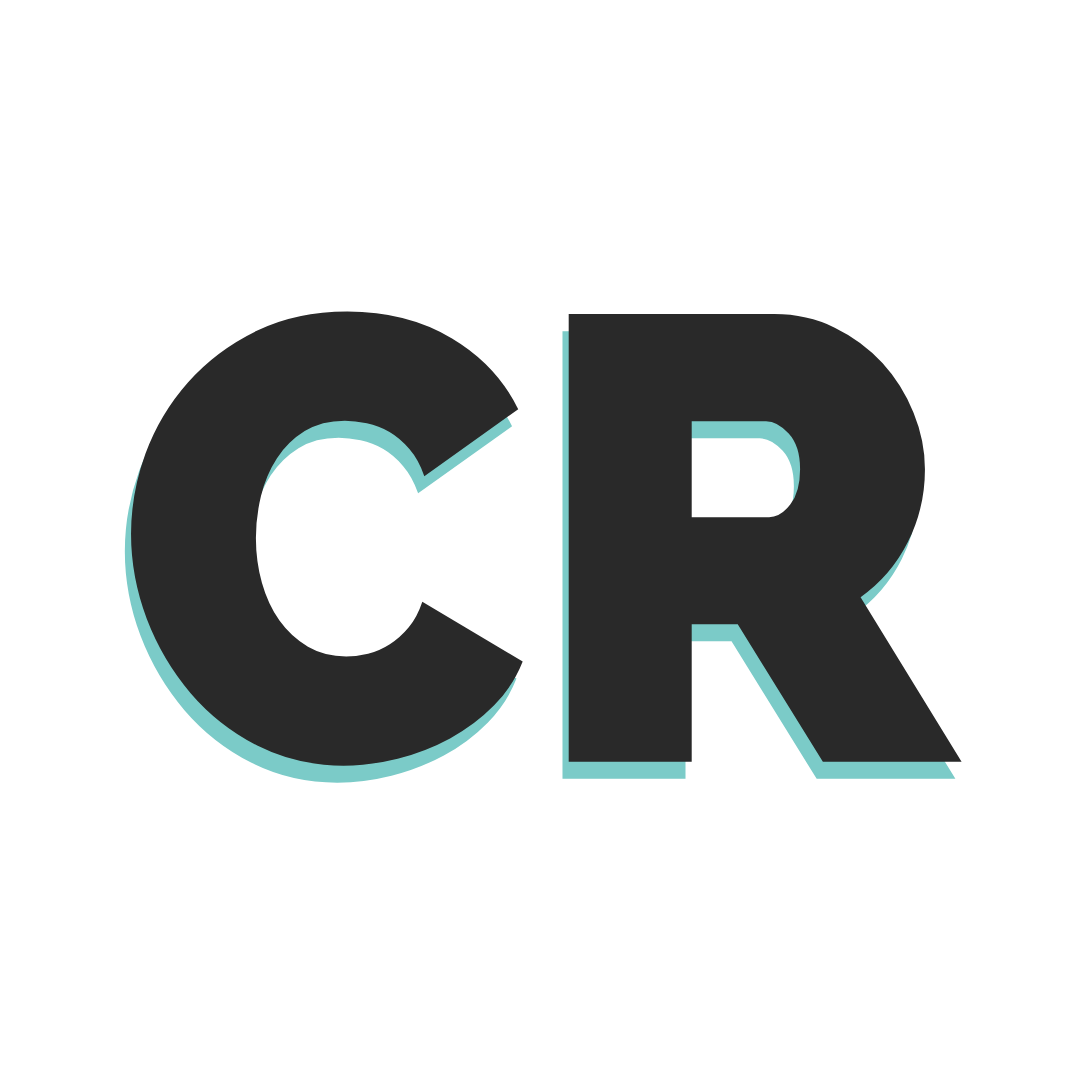7 Productivity Tips For Creators
To be clear upfront, I’m not a productivity guru. I wouldn’t even consider myself a productivity geek.
But over the years, I’ve started a handful of businesses that are still standing, often running more than one at a time. And I love having conversations about how to be more productive.
But I don’t want to be productive just for the sake of being a workaholic. My dream is to be so productive at what I do, that I can get more done while working less hours.
(Can I get an amen?)
I think that’s the reason any of us start our businesses.
We want to do work we love. We want limitless ceilings. And we want to control our own hours.
So, what is productivity? Why does it matter?
Productivity can be defined as focusing on the work that matters most, or, getting more of the right work done.
Over the last few years, I’ve learned a few things here and there that help me get more stuff done on a regular basis.
Here are 7 tips that will help you hustle less, improve your quality of life, and get more of the right stuff done.
Schedule creative work during your creative hours.
When do you feel most creative?
First thing in the morning? An hour after your coffee settles in? After lunch? At night?
For years, I was a night owl — I did most of my journaling and creative thinking late at night before bed.
As I’ve gotten older though, I’ve changed, and now early mornings are when creativity comes easiest. My mind is fresh, the lighting is dim, and the coffee is hot.
So, this is when I like to schedule my most creative endeavors like content creation, email copywriting, etc.
We’re all wired differently with different preferences and in different environments. It’s important to pay attention to the time of day that you’re most creative and schedule your most creative work for those times.
There’s nothing worse than trying to get your creative juices flowing and. nothing. happens.
But because schedules don’t magically bend to your creative times, you may have to make a few compromises. You may have to wake up an hour earlier or block off the creative time in advance — before meetings fill up your calendar.
It doesn’t always work out perfectly — we’re busy. Heck, I’m writing this at 6pm because my schedule is slammed right now. But the more content you create in your “sweet spot”, the better it will be!
2. Read books often.
Think before you speak. Read before you think. – Fran Lebowitz
In 2020, I set a goal to read more books in one year than I think I had my entire life. I didn’t hit that goal, but I came close.
And what I loved about it was that, since I constantly had my nose in a book, it wasn’t in my phone screen or tv.
Not only do we learn a lot from reading books, it keeps our minds sharp and active.
When we sit and “veg” in front of the tv or mindlessly scroll through our phones, we give in to boredom and our brains learn how to tune out.
(And to be honest, I think it makes me dumber.)
Studies actually show that reading books strengthens your brain.
So why does this matter to productivity?
It’s pure critical thinking...problem solving.
The better shape your brain is in, the better suited you are to plan, think critically, and get more done in less time. When your brain constantly feels sluggish, it’s hard to get things done — and it’s really hard to get great work done in a short amount of time.
You don’t have to read business or work-related content either. Read what you enjoy. Just keep your brain in shape, it pays off!
3. Keep all your junk in order (stay organized).
Recently, I took a vacation. I love vacations.
But I always have a hard time coming back. Historically, the first day or two after vacation is spent getting all of my ducks back in a row and reacquainting myself with the work I need to get done.
Even when I focused on one task, it felt like all of the other tasks I had to do were in my peripherals.
But this time, I learned. I planned ahead to keep all of my stuff organized while I was gone.
When I came back, it *almost* felt like I never left. My work felt like it was all right in front of me, right where I left it.
Organization may seem like a “duh” thing to talk about, but it is so important.
If you can’t keep your projects in order, your upcoming tasks in line, or your days flowing smoothly, you’ll forever be a slave to chaos.
You don’t have to be a naturally organized person to stay organized, either. I’m only organized out of necessity.
The essence of productivity is doing more of the right things, and less of the “distraction” things. When you keep all of your junk in order, your odds of doing the right work go up by a lot because you know what needs to be done. It’s right in front of you, not in your peripherals.
Use pen & paper to keep a schedule, use a tool like Asana or Monday.com, or whatever tool works best for you.
4. Delegate what isn’t in your sweet spot.
I am primarily a writer, not a designer.
But I actually really like to design things. I’m not great at it, but it’s fun for me.
What’s the problem with it, then?
It takes me forever. And, when I do it, it looks like a rookie did it.
So when I wanted to redesign my website a while back, I hired it out to Berenice. She designed it in far less time than it would have taken me, it looks WAY better than I could have done, and the best part? While she worked on that, I got to focus on doing what I’m good at: writing content.
The fact is, you don’t have to have a team to hand off tasks that someone else can do better.
It’s actually better that you do hand those things off to someone else. If you try to do everything yourself, your work will suffer, your schedule will be overwhelming, and it will get harder and harder to discern the “right” work to do.
5. Block schedule recurring work.
I imagine that most of our day-to-day activities aren’t the same every single day. If you’re a creator, there’s a good chance you like variety.
But the reality is that you likely have tasks that have to get done every single week, such as finances, content project management, social media posting, email sending, and the list goes on.
Have you ever let these things “little things” slip through the cracks because you just can’t keep up with all of it? Me too.
Here’s the fix: make those regular tasks into recurring blocks of work every day or every week.
This is what I mean. Every Monday morning, usually right after my coffee, I handle my finances. I know exactly when I do that every week, and nothing else can get scheduled over it.
Theoretically, that “little” recurring task shouldn’t fall through the cracks anymore because it has a special place in my calendar every single week (sometimes it still falls through the cracks, because hello...I’m human).
Try it out. Pick one of those things you have to do regularly and give it it’s own special spot in your calendar every single week (or day). If you don’t schedule something, it probably won’t happen!
If you’d like to go a bit deeper on scheduling your email marketing, consider downloading my free Email Marketing Monthly Planner. It’ll help you make sure sending those emails doesn’t fall through the cracks!
6. Set Clear, Measurable Goals.
If you haven’t noticed yet by some of the backlinks in this post, I’m a huge fan of Michael Hyatt. Most of what I practice about productivity comes from his school of thought.
Especially when it comes to goal setting.
You’ve probably heard of SMART goals before, but Hyatt teaches SMARTER goal setting. I know, it seems a bit cliché, but it’s really good stuff. If you want to read more about SMARTER goal setting, here’s a link.
For the sake of word count and attention span, though, I'm going to move on.
How does goal setting relate to productivity?
Well, remember back to our early definition of productivity: “getting more of the right work done.” With that in mind, you have to know what the right work is in the first place.
When your goals are clear and measurable, you can more easily attribute the work that you do back to those goals. Essentially, with really clear goals, you ensure that the work you do on a day-to-day basis is productive work, not distraction work.
The beauty of setting goals like this is that you can work backwards from it. Your yearly goals guide quarterly goals. Quarterly goals guide monthly goals. Monthly goals guide weekly goals, and weekly goals help you plot out each day.
7. Rest.
In “hustle culture”, we tend to think that we can’t stop. We must keep grinding...sleep when you die!
It’s just not true though. We have got to normalize down time and make it a regular part of our lives.
I, for one, am less productive when I’m grinding nonstop. Things that should take me an hour take me two or three. I struggle to get going when I haven’t stopped to rest.
Look, burnout is a real thing. And when you are burnt out, you aren’t focused and productive.
70 hours a week might mean that you get more done, but it doesn’t necessarily mean that the work you get done is going to be any good.
If you want to be more productive, take time on a regular basis to step away from your daily grind. It’s essential to a healthy brain.




